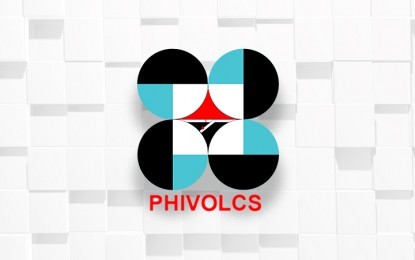
MANILA – The Philippine Institute of Volcanology and Seismology (Phivolcs) and the Philippine Nuclear Research Institute (PNRI) will be working together to boost research capacity on volcanoes, an official said Wednesday.
"PNRI has the equipment. We need their help because they know how to run these equipment. We have the technical capabilities and the experts," Phivolcs Director Teresito Bacolcol told the Philippine News Agency.
Raymond Patrick Maximo, Phivolcs Science Research Specialist, said these equipment include Inductively Coupled Plasma-Optical Emission Spectroscopy, X-ray Fluorescence, Fourier-transform Infrared Spectrometer, etc.
Bacolcol said the PNRI will place equipment on active faults to measure the radon gas. Phivolcs, on the other hand, will trace where these active faults are located.
He added that the partnership is essential also because the PNRI checks potential sites for nuclear power plants.
Meanwhile, according to Phivolcs, the two agencies will work on projects in the fields of geochemistry, isotopic techniques, volcanism, active faults, geothermal and volcano-hydrothermal.
"Isotopic techniques are ways to analyze isotopes. We would like to develop methods to measure isotopes in the substance. In the case of volcanoes, (we will) measure isotopes in volcanic deposits or rocks," Maximo told the PNA.
Sulfur isotopes, for example, will tell whether there is new magma involved in a volcanic eruption, he said.
Under the partnership, Phivolcs will provide technical support for fieldwork and sample collection. It will also facilitate data acquisition from local sources.
Aside from coordinating with the PNRI for joint publication of study findings, the Phivolcs will also use the projects' output in future operations if isotopic techniques are proven accurate in identifying the movements of active faults.
The PNRI, on the other hand, will coordinate project activities with local officials and residents. The PNRI will regularly conduct radon and thoron measurements for monitoring the movements of active faults.
Among other activities, the PNRI will facilitate mineral chemistry, geochronological and geochemical analyses in partner institutions. (PNA)
